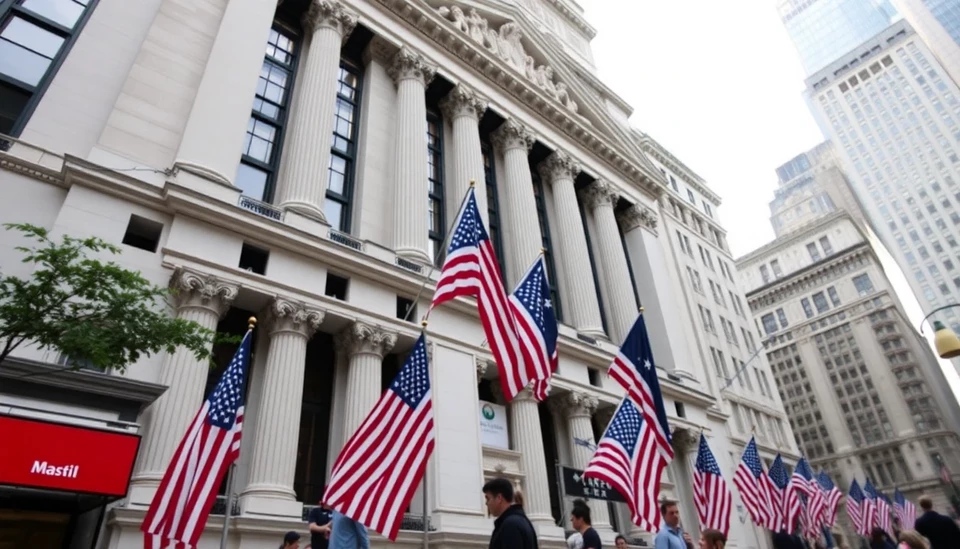
In a striking turn of events, numerous companies that previously engaged in aggressive mergers and acquisitions, often spending billions to enhance growth and market position, are now finding themselves in dire financial straits. Reports indicate a significant number of these firms are being sold at drastically reduced prices, raising numerous concerns about the efficacy of their past business strategies.
Over the past few years, various industries have experienced a wave of consolidation, with corporations looking to boost their competitive edge in an evolving marketplace. However, the aftermath of these expansive financial maneuvers is beginning to reveal itself, with valuations plummeting and buyer interest dwindling. As economic conditions fluctuate and investor confidence declines, what was once seen as aggressive expansion has turned into a fire sale of assets.
Market analysts have observed that many companies, initially perceived as strong contenders due to their transformative acquisitions, are now struggling to justify their previous valuations. This trend is particularly noticeable in sectors like technology and pharmaceuticals, where expensive buyouts have not resulted in the anticipated synergies or growth targets. As these firms attempt to divest their holdings, the stark realization hits: they are now being valued at a fraction of their acquisition prices.
Furthermore, the disillusionment isn't just rooted in the inflated prices paid during these acquisitions. Changing consumer behaviors, coupled with economic downturns and increasing competition, have led to a reevaluation of what these companies are truly worth. For instance, stock prices have seen significant declines, forcing investors to reassess their positions and the overall viability of the once-promising mergers.
Industry experts suggest that many of these companies may have overestimated their potential for growth and underestimated the associated risks of their aggressive M&A strategies. As they enter negotiations to offload assets, sellers are left with little leverage, leading to "fire sale" prices that barely reflect the investments made just a few years prior. This pattern poses a troubling narrative for corporate governance and strategic planning in the future.
Additionally, shareholders and executives alike are facing the consequences of these financial miscalculations. With share prices plunging and public confidence eroding, pressure is mounting to ensure accountability and transparency in future mergers and acquisitions. It remains to be seen how these developments will shape strategies moving forward in an increasingly skeptical investing landscape.
The overall implications of this scenario extend beyond mere financial loss. The trend also poses larger questions about the sustainability of aggressive growth strategies in today’s climate, especially as the market landscape evolves at a rapid pace. Will companies reconsider their M&A aspirations, or will they continue to pursue these potentially lucrative but risky ventures?
As more firms brace themselves for sale at unprecedentedly low valuations, the road ahead looks uncertain. Stakeholders will be keeping a close eye on how these transactions unfold, as this situation not only impacts the companies involved but also serves as a cautionary tale for others venturing down the path of mergers and acquisitions.
In conclusion, the current market dynamics highlight a crucial lesson for corporate entities: aggressive spending does not always equate to enduring success. The fallout from these high-stakes gambles may serve as a pivotal learning experience for future business strategies.
#MergersAndAcquisitions #CorporateStrategy #FinanceNews #MarketTrends #BusinessInsights #ValuationCrisis
Author: Samuel Brooks




